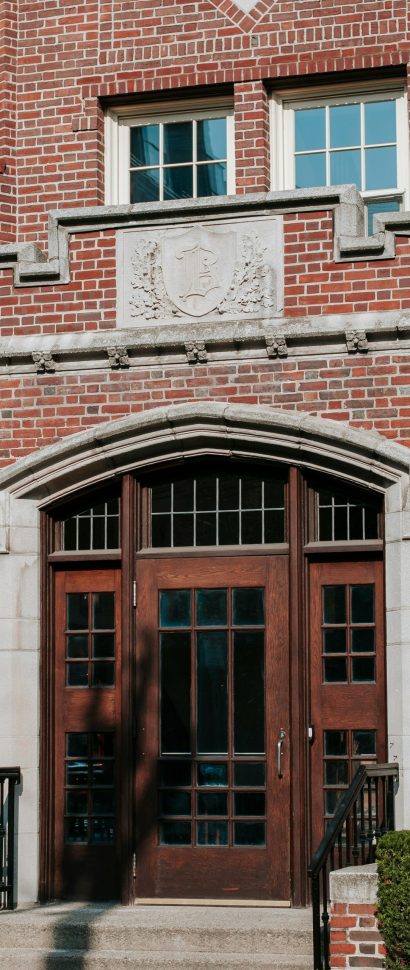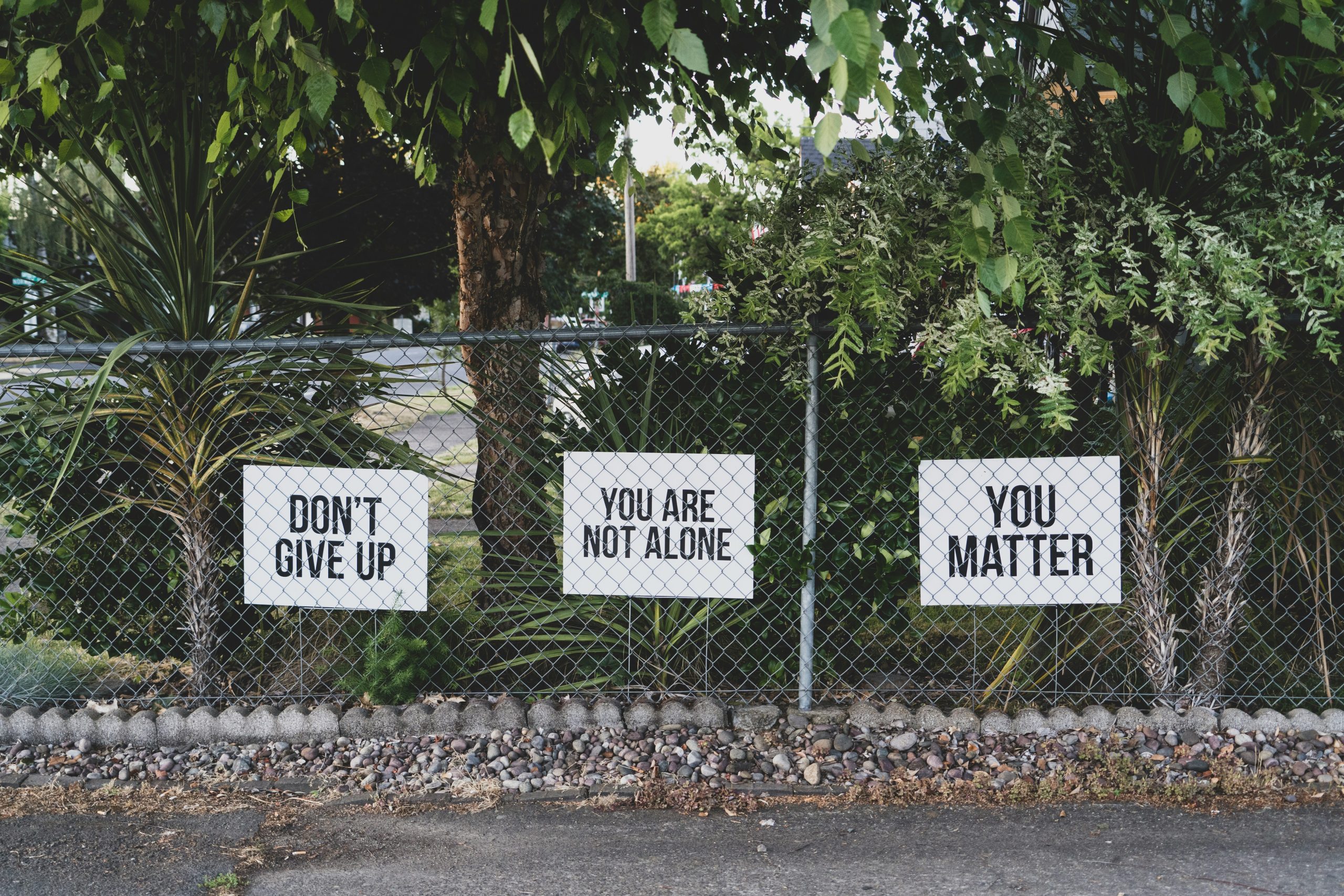Reflections from an Asian Family Therapist
Hi, I’m Sandy. I’m a counsellor, mother, daughter and wife. I grew up in a relatively traditional Chinese family where the elderly were cared for, family members supported each other, and the kids were well-behaved (most of the time). I began experiencing Western culture in high school, and that’s when I developed a strong interest in psychology and how interpersonal relationships are shaped by different cultures. As I expanded my circle of friends and started my own family, I often found myself grappling with conflicting thoughts about identity, intimacy, parenting, and friendship. Over time, I’ve worked hard to reconcile and reconnect with my upbringing and ethnic background, particularly in learning how to be an independent individual while staying woven into family and social connections. I proudly identify as “International,” finding joy in the ongoing journey of absorbing different cultures and becoming more enriched and integrated as a person.
I work with many Asian clients and I have noticed a number of themes emerge in our work together. Therapy can be stigmatized in Asian cultures and I’m always so excited to work with clients who want to work through their family dynamics and improve their mental health and have overcome the barriers to get to therapy. I wrote this blog to help name some of the challenges I see in my client’s lives so that you can know that you are not alone. While these reflections are based on my personal and professional experiences, I recognize that Asian families are incredibly diverse, and not all experiences will align with the patterns I describe here. This article isn’t meant to exhaustively cover the dynamics of Asian families or draw definitive distinctions between Asian and non-Asian households—if such a distinction even exists. Instead, I’m offering my reflections as an Asian family therapist. If you grew up in an Asian household and have found family relationships to be somewhat “problematic,” you may resonate with some of the thoughts below. I firmly believe that healing begins with acknowledging that something isn’t working. I’m hoping that if you are Asian or grew up with Asian parents that this blog can offer you some insight on your experiences and help put words to things that you might want to explore further.
So, what patterns tend to emerge in Asian families?

1. Hierarchy of Power in the Family
In my experience, Asian families often place a high value on maintaining stable relationships and at least a surface level of harmony. These values are deeply rooted in traditional teachings, like the expectation that children obey their parents and younger siblings respect the oldest. This hierarchy makes sense to me because parents and older siblings typically contribute more to the family. However, like all human relationships, problems arise when this structure becomes too rigid. For example, I’ve seen situations where a husband might not “allow” his wife to go out with friends, which can affect how children perceive their own relationships as they look to their parents as role models. Additionally, parenting styles can sometimes seem “authoritarian,” with parents always being seen as right, and obedience taking precedence over reasoning.
This dynamic often leads children to resort to compliance rather than open communication with their parents. To repair this, I believe parents need to reflect on their own childhoods, considering their unmet needs and desires as children, so they can connect with their children in new ways. On the other hand, as children, we need to make an effort to give our parents a second chance as they learn new perspectives and skills.
2. The Prevalence of “Parentification”
“Parentification” is something I’ve encountered frequently in my work. It happens when children take on adult roles, either caring for themselves or the entire household, which is not age-appropriate. For example, some children might feel like they were raised more like pets—given food, shelter, and someone to walk them to school, but left to grow up “emotionally” on their own. In other cases, with parents working long hours, the oldest sibling (often a girl) might be responsible for cooking dinner and looking after younger siblings, regardless of how young she is herself. These experiences can leave children feeling that they don’t deserve care or resenting family obligations even into adulthood.
Often, parents don’t intend to neglect their children’s physical or emotional needs; rather, they were likely raised under even tougher conditions themselves. I’ve found that parental reflection can help, as can reminding ourselves as adults that we do deserve care, that our emotional needs are valid, and that we don’t need to justify our feelings.
3. The Importance of Education
Education is another area where I’ve seen significant pressure in Asian families. Many Asian parents, especially immigrant parents, have high expectations for their children’s educational outcomes. It’s common for parents to immigrate in pursuit of a “brighter future for their children.” However, as altruistic as this may be, I’ve noticed that parents can fall into the trap of an invisible family ledger, where the sacrifices they willingly made for their children become a debt that can never be repaid. For those of us who succeeded academically, we may feel that our worth is tied solely to our academic achievements, leading us to feel guilty about pursuing careers of personal interest. Conversely, those who didn’t excel in school may carry a deep sense of shame for having “failed” their parents.
I remember a friend once asked me enviously, “Neither you nor your husband have a STEM career—are your parents really okay with that?” Yes, I’m one of those fortunate kids who, by age 18, decided not to give my parents much of a say in major life decisions (oh, what a rebel).
The remedy I’ve found here is similar to the one above. Parents need to remind themselves why they prioritized their children’s education. Meanwhile, we, as adult children, need to give ourselves permission to pursue our own paths—whether that means taking a gap year in college, following a different career, or embracing a lifestyle of our choice, as long as it is sustainable. Usually, after experiencing the freedom to make our own choices, we return to our cultural roots and family values, seeking to pass on our heritage by choice rather than obligation.
4. Filial Piety and Ongoing Responsibilities
In many Asian cultures, responsibilities towards one’s family don’t end when a person moves out or even gets married. These obligations are often carried into our intimate relationships. Personally, I am open to this, as long as it is a choice—a mutual agreement between family members rather than a coercive expectation. For example, an adult child may willingly take an elderly parent into their home, but there needs to be a clear understanding that we are living together more as friends or peers rather than as two generations in a hierarchical relationship. Additionally, there may need to be a financial agreement so that everyone knows what they are responsible for.


5. Less Emphasis on Emotional Growth
This issue often arises as a result of the dynamics I’ve mentioned above. In many Asian families, individual identity and personal choices are secondary to family structure and obligations. The emergence of self-awareness can be seen as a threat to the existing family system. Emotional maturity may also be undervalued, with academic achievement—especially in STEM subjects—often defining a child’s worth. (Remember my friend’s question about STEM careers?)
However, emotional growth and maturity are essential for a child’s well-being and are demanded by life itself. As parents, we need to see our children as they truly are, not as we remember them to be. As adult children, we need to recognize ourselves as individuals with our own emotions, thoughts, and desires, and as grown-ups ready to take on personal and societal responsibilities. If weaning a child is the first “separation,” going to school is the second major step, and walking into adulthood is the final “coronation,” where we as parents can finally take a break from daily parenting responsibilities and respect or even admire our children as the fruits of years of hard work. The children, in turn, should enjoy the freedom of adulthood while also taking on more responsibilities as they continue to develop their skills and capacities.
What Now?
Reflecting on the common dynamics in Asian families, it’s clear that while every family is unique, understanding these patterns is crucial for healing and growth. Whether it’s navigating rigid family hierarchies, coping with parentification, or managing the pressures of educational expectations, the first step is acknowledging the challenges you face and how they’ve shaped your relationships and sense of self.
As you move forward, consider opening up conversations with your family members, sharing your feelings, and exploring ways to connect more meaningfully. If you find these patterns difficult to navigate alone, seeking support from a therapist can provide valuable guidance. My hope is that through reflection and intentional action, you can create healthier, more fulfilling family relationships and continue your personal journey of growth.




